The negative impact of hearing loss on your lifestyle can be ignored. All you need is an ideal hearing aid machine that suits your hearing preference. With various styles, features, and technologies available at Ear Solutions, choosing the right hearing aid for your lifestyle can be overwhelming. In this blog, we’ll provide some essential tips to help you navigate the process and find the perfect hearing aid that fits your unique needs and preferences.
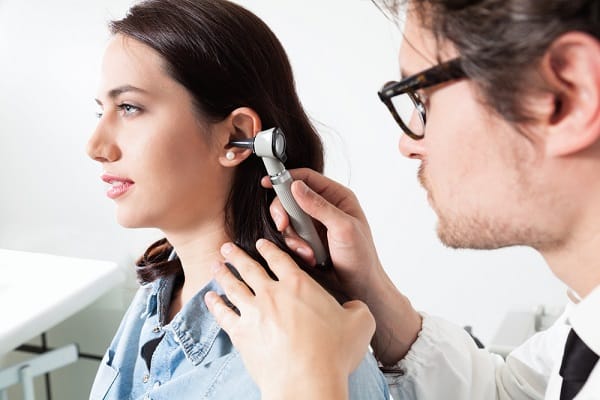
Seek Professional Guidance:
Before diving into the world of hearing aid devices, it’s crucial to seek professional guidance from a qualified audiologist or hearing care specialist. They will conduct a comprehensive hearing assessment to determine the type and degree of hearing loss you have. Based on the results, they can recommend the most suitable ear machine options tailored to your individual needs.
Consider Your Hearing Needs:
Different hearing aids are designed to address various levels of hearing loss and listening environments. Consider your daily listening needs, such as attending social gatherings, engaging in outdoor activities, or whether you spend a lot of time in noisy environments, understanding your hearing requirements will help you choose a hearing aid that offers the right features to support your lifestyle.
Assess Your Manual Capability:
Hearing aids come in various styles, ranging from behind-the-ear (BTE) hearing aids to completely in-canal (CIC) hearing aids. Consider your manual dexterity and comfort level with handling small devices. If you have difficulty with fine motor skills, a BTE or receiver-in-canal (RIC) hearing aids style may be more suitable as they are generally easier to manage.

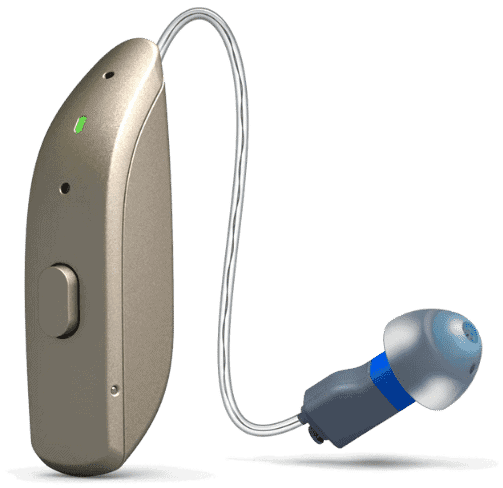
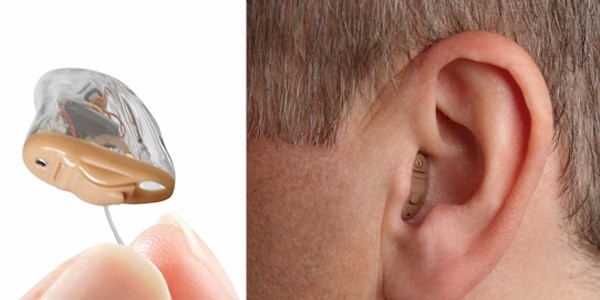
Evaluate Connectivity Options:
Modern hearing aids often come with advanced connectivity features, such as Bluetooth compatibility. If you use smartphones, tablets, or other Bluetooth-enabled devices frequently, consider hearing aids with wireless connectivity. This technology allows you to stream phone calls, music, and other audio directly into your hearing aids, providing a seamless and convenient listening experience.
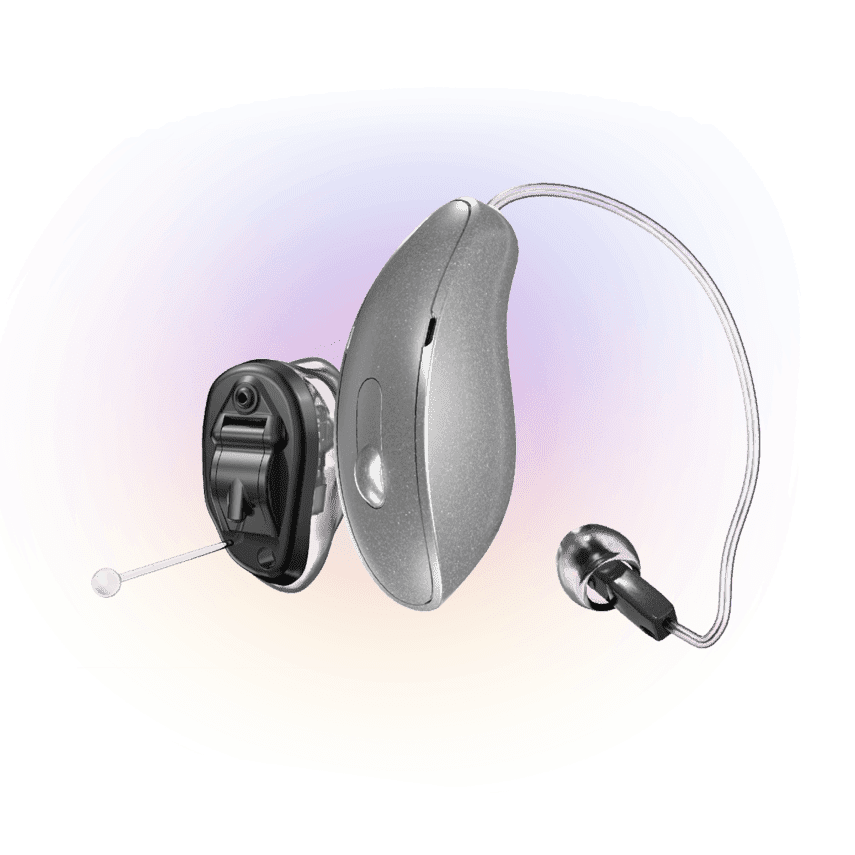
Assess Battery Options:
Hearing devices typically use either disposable batteries or rechargeable batteries. Consider your preferences and lifestyle when choosing the battery type. Rechargeable hearing aids offer the convenience of not having to frequently replace batteries, while disposable batteries are widely available and easily accessible.
Comfort and Fit:
Comfort is a crucial factor when selecting a hearing aid. The device should fit comfortably in or behind your ear and feel secure throughout the day. Many hearing aids come with different ear tips or earmold options to provide a custom fit. Take the time to ensure the fit is comfortable and secure, as you’ll be wearing hearing aids for extended periods.

Consider Tinnitus Management:
If you experience tinnitus (ringing or buzzing sounds in the ears), consider hearing aids with built-in tinnitus management programs. These programs can generate soothing sounds or noise to mask the tinnitus, providing relief and improving your overall hearing experience.
Assess Your Aesthetic Preferences:
Ear Machines come in various colors and styles, from discreet and nearly invisible options to bold and vibrant designs. Consider your aesthetic preferences and how comfortable you are with the visibility of the hearing aids. Feeling confident and satisfied with your hearing aids’ appearance will encourage consistent use and overall satisfaction.
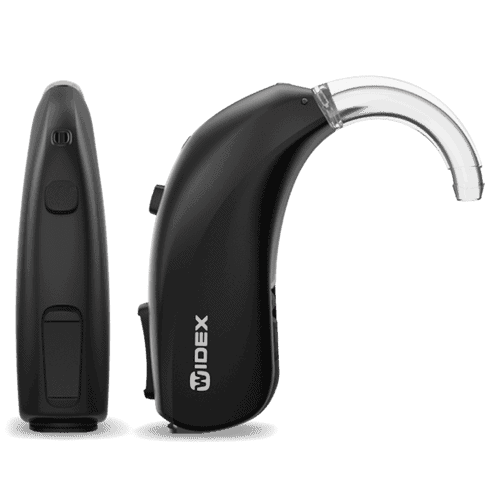
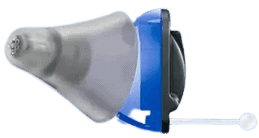
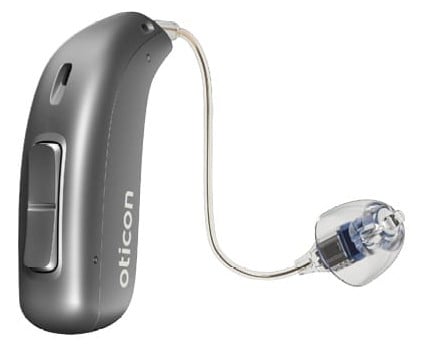
Trial Period and Warranty:
Before committing to a specific hearing aid, inquire about the availability of trial periods and warranties. Many reputable hearing aid providers offer trial periods, allowing you to test the device in real-life situations. Additionally, ensure that your hearing aid comes with a warranty to protect your investment and provide peace of mind.
Budget Considerations:
Finally, consider your budget when selecting a hearing aid. Hearing aids can vary significantly in price based on style, features, and technology. While it’s essential to invest in quality hearing aids, be mindful of your budget constraints and discuss financing options with your hearing care professional.
Conclusion: Choosing the right hearing aid for your lifestyle is a decision that requires thoughtful consideration and expert guidance. Working closely with a qualified hearing care professional will ensure that you receive personalized recommendations based on your hearing needs and preferences. With the right hearing aid, you can reclaim the joy of clear hearing, improve communication, and





